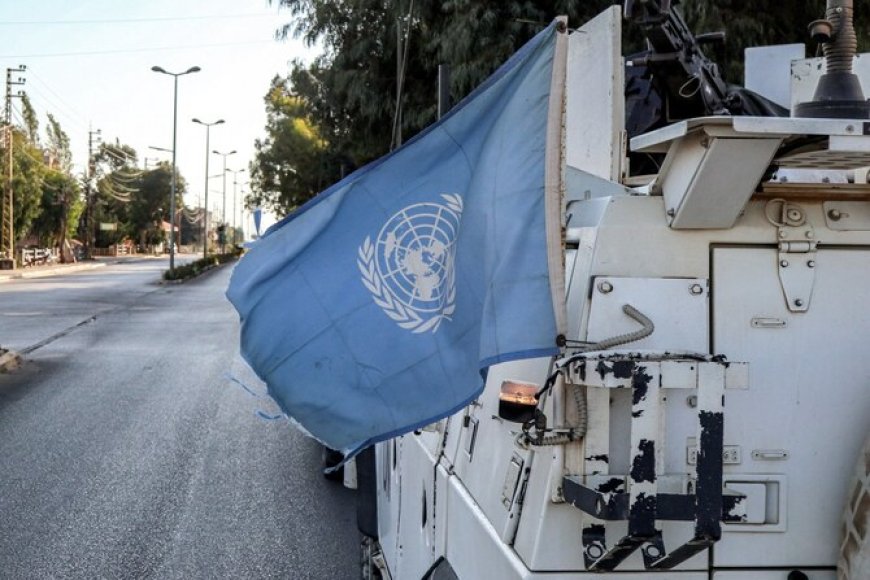EU Denounces Attacks on UN Sites Amid Growing Tensions in Lebanon

Through its foreign policy leader Josep Borrell, the European Union, in a strong statement of support for United Nations activities, has categorically denounced all attacks on UN missions, especially addressing recent events involving the UN Interim Force in Lebanon (UNIFIL). After a string of hostilities left several UN peacekeepers injured, Borrell underlined that such acts constitute a major breach of international law and demanded an instant stop of these attacks.
Borrell's comment captures the great EU worry over the growing situation in Lebanon, where tensions between Israel and Hezbollah have sharpened. Targeting UNIFIL, the Israeli Defense Forces (IDF) have been accused of causing injuries among peacekeepers stationed to keep the area stable. Borrell underlined in his comments the need of all those engaged in the conflict giving top priority to the safety and security of UN personnel and property, therefore underlining the basic function UNIFIL performs in advancing peace in southern Lebanon.
The matter has become more complex with claims made by Israeli Prime Minister Benjamin Netanyahu that UNIFIL has supported Hezbollah militants by reportedly offering "human shields," therefore fueling the conflict. The international community has responded with mistrust to this assertion, which has caused arguments about the accuracy of UN findings on recent military incidents. Emphasizing the importance of responsibility and openness, Borrell and other EU officials have demanded extensive inquiries by Israeli authorities into the events in view of these allegations.
Joining in the criticism of Israeli strikes on UNIFIL, Spain's Foreign Minister has also labeled them as "unacceptable." He confirmed that only the United Nations has the power to order the departure of its troops, therefore underlining the importance of UNIFIL's role in a territory of complexity and conflict. The remarks of the Spanish diplomat speak to more general European worries about Lebanon's stability and the possible consequences of unbridled war on regional security.
The EU's strong posture shows a more general dedication to respect international law and safeguard humanitarian operations as hostilities keep growing. The growing violence puts major hazards not just to the peacekeepers but also to the local people. The EU's demand for a stop to hostilities is not only a political one; it also emphasizes how urgently diplomatic involvement is needed to lower tensions and guarantee respect for efforts at peacekeeping.
The EU's denunciation reminds us of the need of protecting UN missions and maintaining the values of international peace and security in a situation when both regional and global powers are witnessing the events developing. All sides will have to pay attention to the need for moderation and cooperate to find a solution that gives stability and humanitarian issues in Lebanon first priority as the circumstances evolve.













































